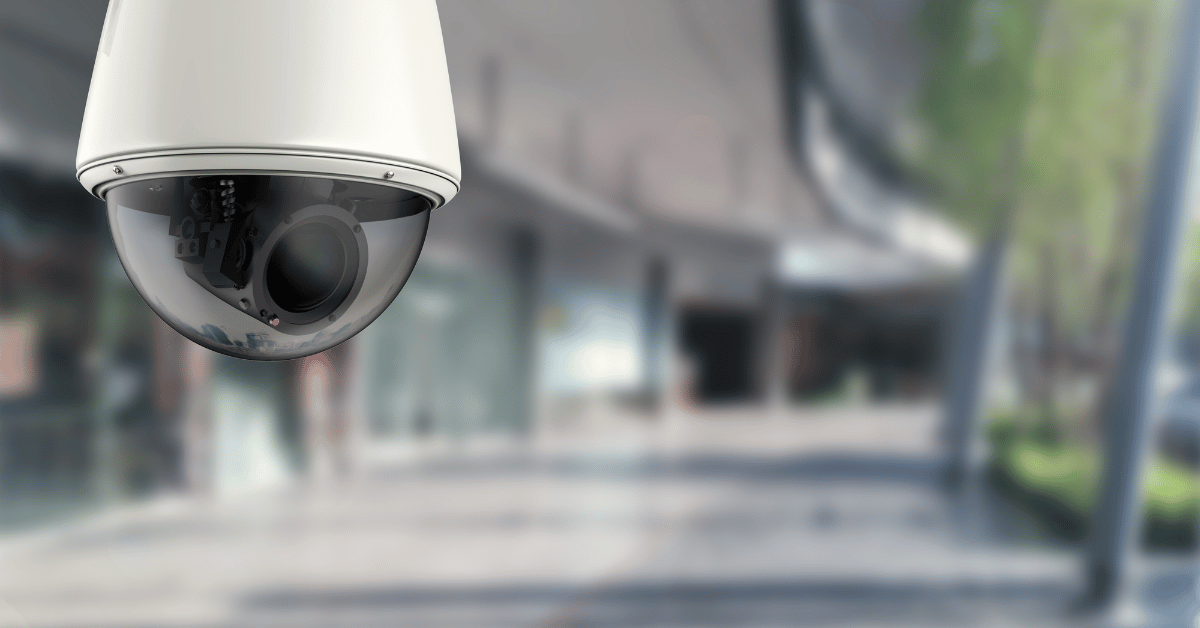The implementation of security measures on university campuses is a critical step in ensuring the safety of its students, staff, and visitors. In this blog post, we will review a few different security measures that universities have implemented and the advantages and disadvantages of each one.
One security measure that universities use is employing an authentication system that will verify that the user is a legitimate member of the university. This kind of system typically uses biometric data such as a fingerprint scan, iris scan, or facial recognition to confirm identity. This method ensures maximum security because it uses biometric data which cannot be passed on from person-to-person unlike access cards. However, biometric access control systems cost more and raise privacy concerns.
Many universities have instead implemented access control systems that require the user to have an access card, number code, or RFID tag. As we mentioned before, these systems are not as secure as biometric systems because physical items and numbers can be shared to unauthorized users. Not only that, it’s common for users to lose or forget these authentication items. Nonetheless, they still offer adequate security and are cost-effective.
The most popular security measure taken by universities is the installation of CCTV cameras. Security cameras are beneficial for monitoring areas and deterring suspicious activity. A complete camera system is extremely affordable and allows universities to keep an eye on all areas at any time. However, CCTV cameras are passive in that they can only monitor and record activity. If an incident occurs, the camera won’t be able to take action to stop it.
Finally, the university may decide to employ a physical security guard or a security patroller to monitor the campus. Having a security guard is an effective deterrent as it provides a visible presence and unlike CCTV cameras, a security guard will be able to respond quickly in the event of any suspicious activity. But despite those advantages, hiring a guard (or a whole team) to monitor all areas at all times is quite expensive and they’re not exempt from human error.
The various methods mentioned in this post are effective security measures taken by universities to ensure the safety of its students, staff, and visitors. Each method has its pros and cons that must be taken into account by university leaders. No solution is a one-size-fits-all and it’s up to the leaders to decide which plan will be the best for their campus.
To find out more about security systems for universities, call our security experts +1 (214) 988-4302 or send us a message sales@2mtechnology.net

